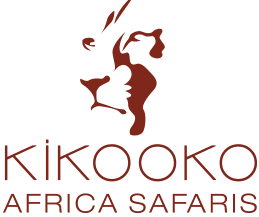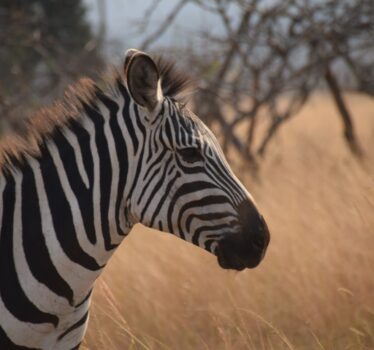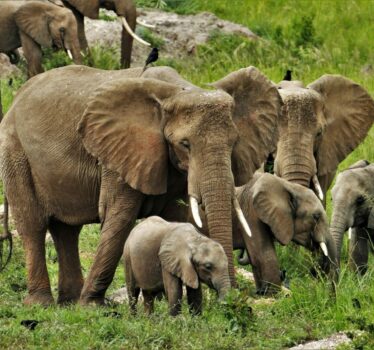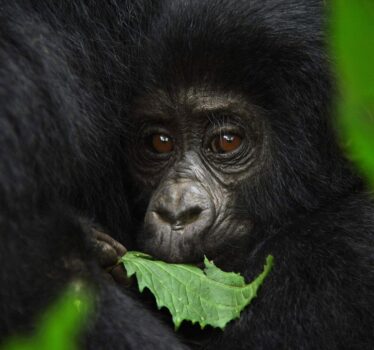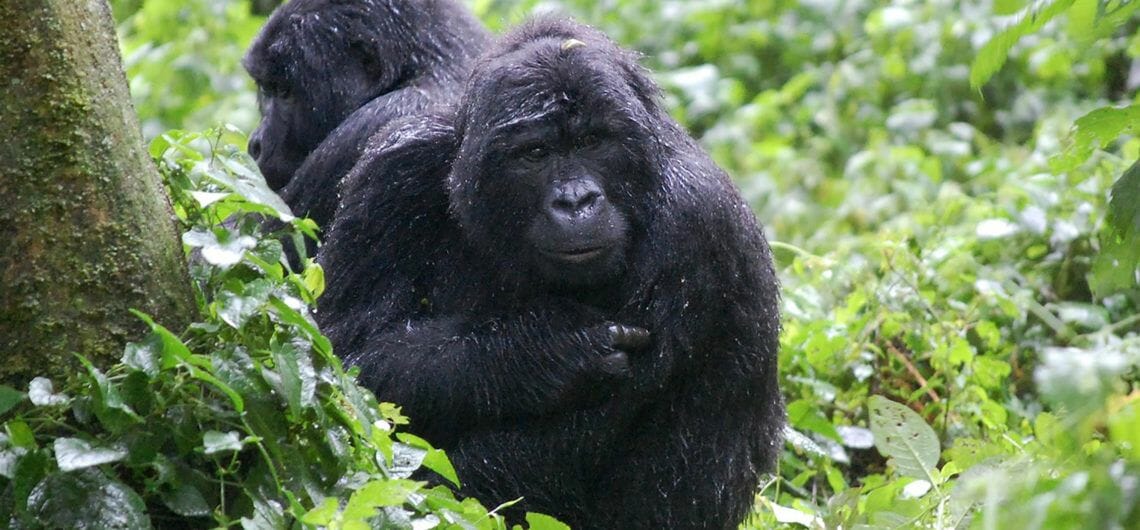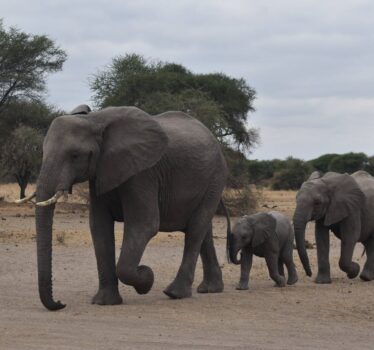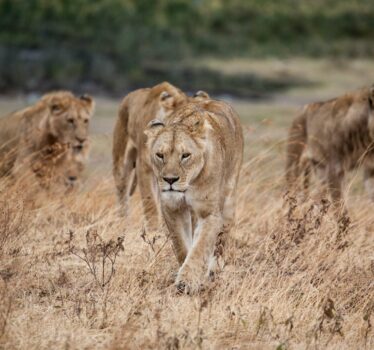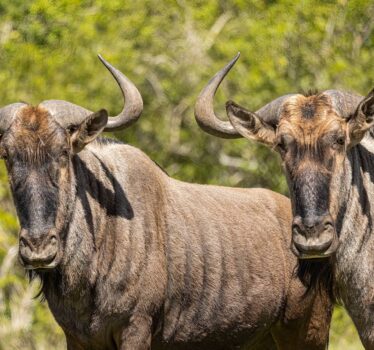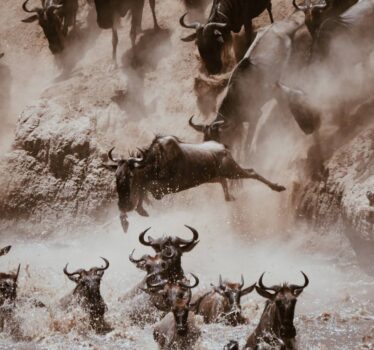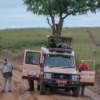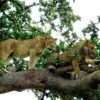Kigali
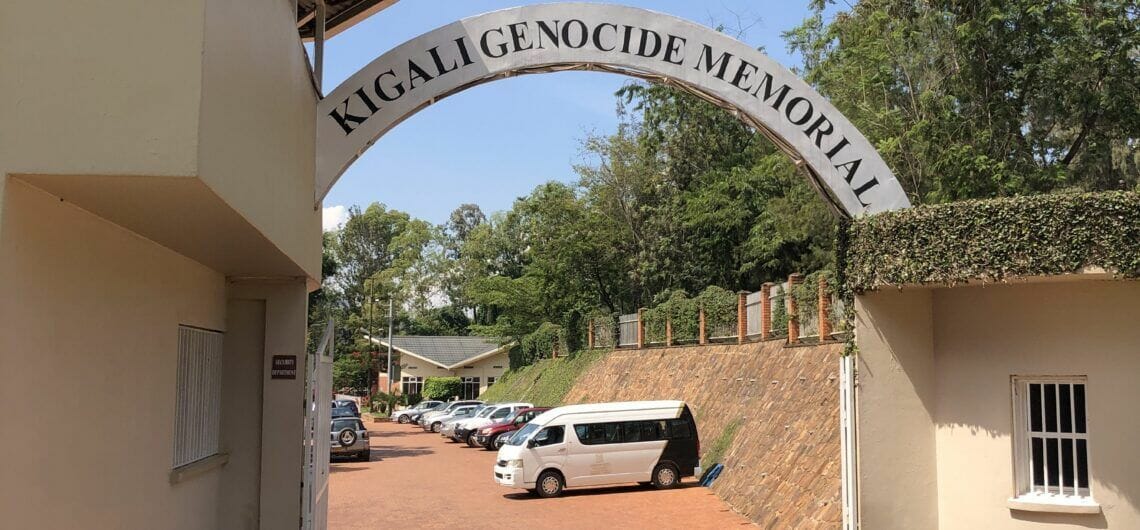
Kigali
Rwanda’s capital city Kigali is often described as one of the cleanest and most organised cities in Africa. The cleanliness is often attributed to the ban on non-degradable plastics which was introduced in 2008. Sprawling across numerous hilltops, valleys and ridges, this safe and vibrant city has undergone many changes in the years since the genocide which devastated the country in 1994.
The superbly curated Kigali Genocide Memorial provides an emotional and thought-provoking opportunity to understand more about the events leading up to the genocide, as well as the 100 days during which around one million Tutsi and moderate Hutus were killed, and the peace and reconciliation process which has been ongoing ever since. The Memorial is also the final resting place of over 250,000 people who died during the genocide.
Nowadays, there is a busy arts and music scene in the city as well as a Natural History Museum housing the stuffed skeleton of a huge crocodile which terrorised a village at Lake Muhaze and which was found to have a pair of shoes in its stomach!
There are a number of art and craft galleries while a wide range of restaurants caters for food lovers of all tastes and budgets. The city boasts two golf courses and visitors are welcome.
Kigali has a tropical climate, with temperatures ranging from 16 C to 28 C on average, and little variation month by month. April is the wettest month and July the driest, with the city experiencing an average of 122 rainy days a year. It’s suitable to visit at any time of the year.
Size and accessibility:
Kigali has a population of approximately 1.2 million people. It’s quite centrally located within Rwanda.
By car:
From the Uganda/Rwanda border at Katuna (Gatuna on the Rwandan side) it’s around 2 hours drive to Kigali.
By air:
The international airport has regular flights to and from many European and other cities and RwandAir offers direct flights to and from Entebbe in Uganda, daily.
Activities:
City tour
Genocide Memorial
Museums
Shopping
Dining
Cultural activities
Distillery tour
Golf courses
